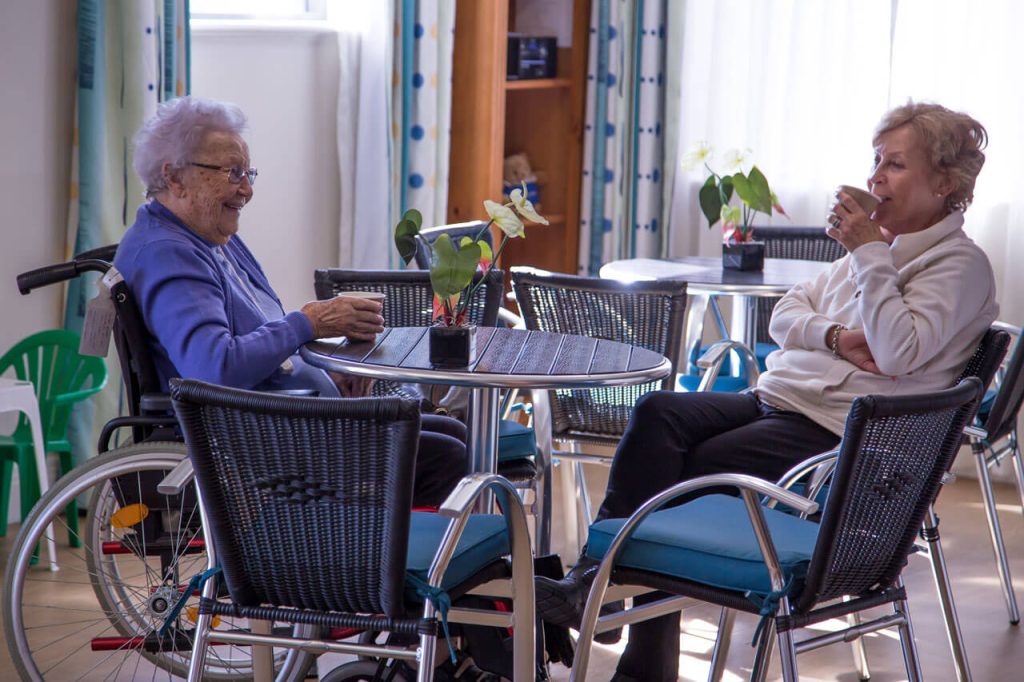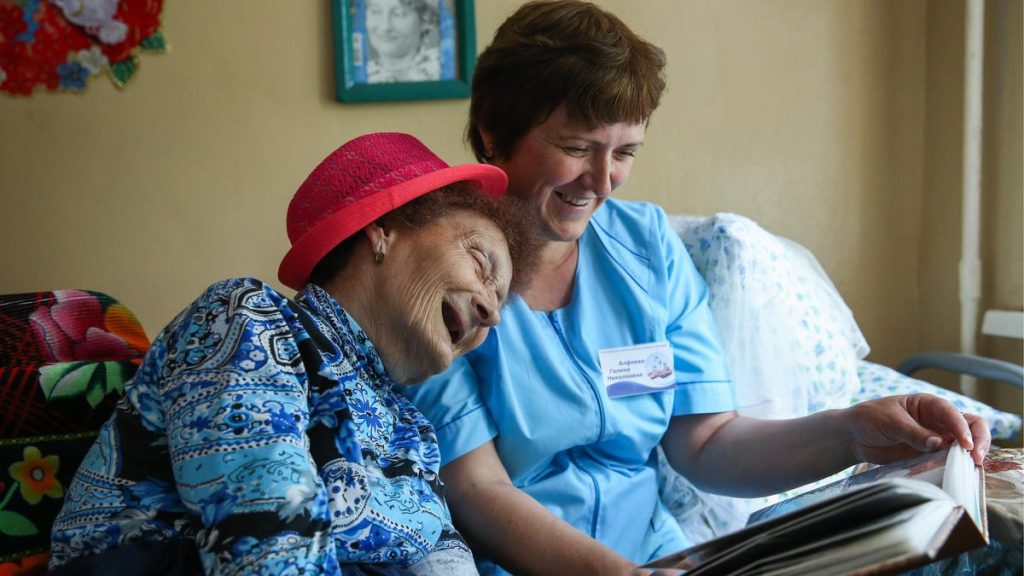There are many ways to help take care of older people. There are Respite care programs, Multigenerational homes, and Emergency alert systems. Providing meaningful activities can ease anxiety and fill lives with joy. Many older people feel anxious about aging, so it can be helpful to provide them with meaningful activities.
Home care services
Home care services provide a range of support to older adults living in their own homes that are more detailed on wilmacliving.com. These services include assistance with activities of daily living, transportation, and companionship. The assistance may be provided one hour a week or twenty-four hours a day. They can be a great solution for seniors who need help but are unable to care for themselves.
In order for a home care provider to provide services, they must first obtain the patient’s certification. This can be done by conducting a home assessment. During this assessment, the healthcare provider can determine whether the patient is safe to remain in the home or whether modifications would be necessary. These assessments can also identify any caregiver needs for training, counseling, and support.
Related: Home Care Services For Seniors

Respite care
Respite care is a short-term service provided by a caregiver to a loved one. The goal of respite care is to offer caregivers a break from their daily duties and to help them maintain a balance between work and personal life. It also helps prevent caregiver burnout by giving them time to run errands or just relax. It can also benefit families whose loved ones are recovering from a medical procedure or fall. The service is a way to offer personalized care to seniors while providing a needed break to the primary caregiver.
Respite care providers are required to have the necessary training and experience to provide quality care to the person in need. They may be responsible for providing medication management, assisting with daily tasks, or assisting the older person with mental stimulation.
Multigenerational homes
Multigenerational homes allow families with different generations to remain together in the same place. This allows for quality time spent together without the cost of travel. Grandparents can teach their children family recipes, play catch, and watch their grandchildren grow up. Research shows that children with close relationships with grandparents tend to have better behavior. Another benefit of multigenerational homes is that adult children can move back in with their parents and get to know them as grown-ups.
Another benefit of multigenerational housing is that it helps senior citizens connect with their children and grandchildren. This helps them avoid loneliness and depression. Children can also provide assistance when needed.

Emergency alert system
Emergency alert systems, sometimes referred to as personal alarms, are an indispensable part of maintaining a healthy, independent lifestyle for our older neighbors. Typically, these systems consist of a large, bright button placed prominently on a wall or door. However, with advances in technology, these devices now come in various designs and function. Some even resemble jewelry.
The systems can be useful in a variety of situations and can respond to potentially life-threatening situations. They can also be helpful for older adults with mobility issues. Many of them are even connected to a companion app, which allows caregivers to keep tabs on their loved ones.
Listening to residents before making decisions
Social workers are able to enrich the decision-making process by meeting with residents on a weekly basis. This allows residents to offer suggestions on how to improve the services they receive. However, it is important to keep in mind that residents may not be able to implement all their suggestions.
Social workers have found that listening to residents before making decisions about their care is critical in improving quality care for older people. However, many states do not require this. In the study, social workers found that listening to residents prior to making decisions was essential in the decision-making process. They noted that older people who were newly admitted were often confused about their stay and were unaware of the facilities’ purpose. They also expressed dismay that no one had talked to them before they moved into the facility and that they should have been involved in the decision-making process.